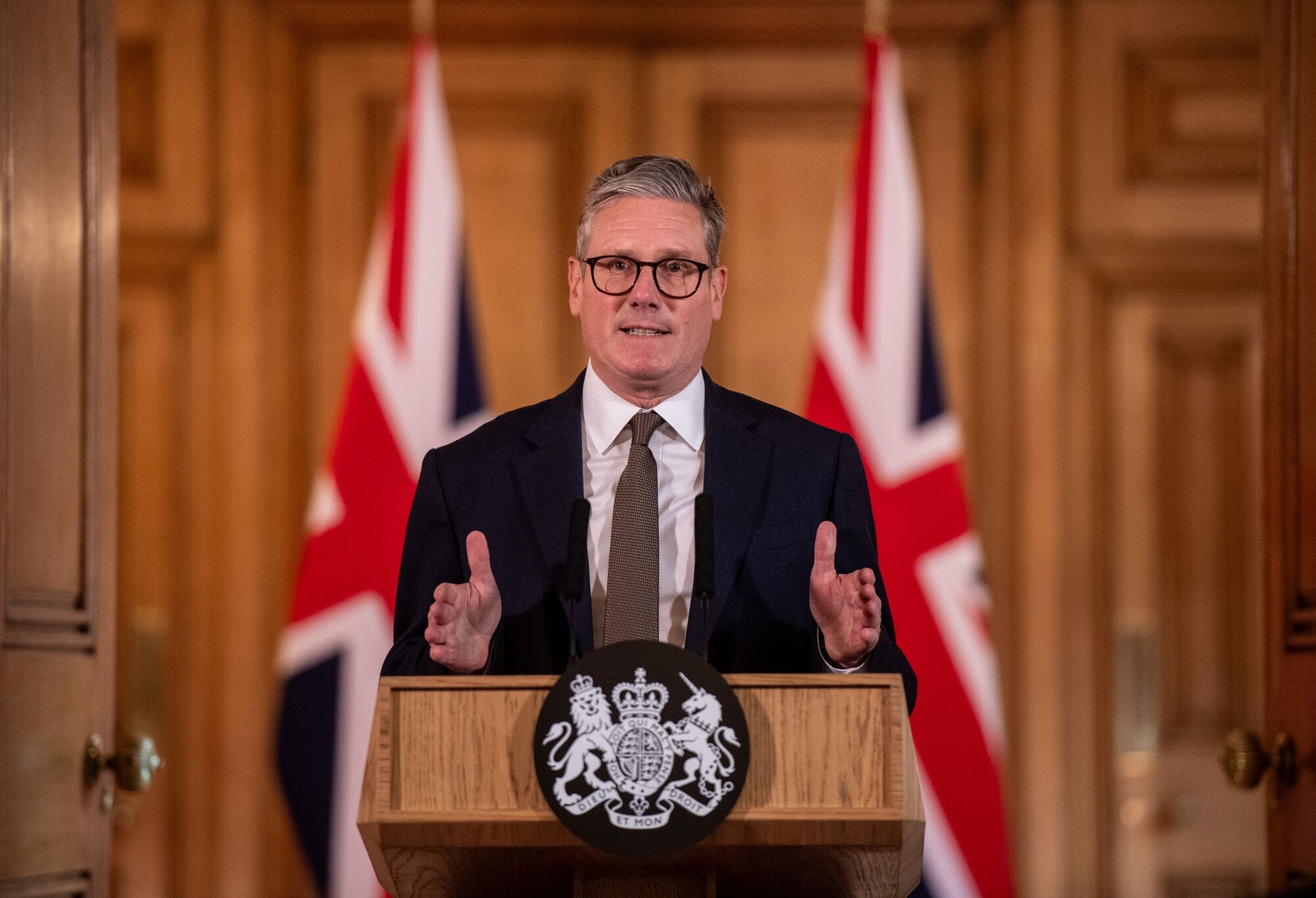Britain’s new prime minister has been unequivocal about Brexit. According to Keir Starmer, Britain will not be rejoining the European Union or joining the single market — at least not in his lifetime — a point that was echoed today by the new foreign secretary, David Lammy. This is despite the fact that it was Starmer who, as Brexit Secretary under Jeremy Corbyn, pushed Labour into supporting a second referendum on membership of the EU, leading to the party’s electoral crash in 2019.
Despite this dubious record, what Starmer now says is plausible. We can be confident that our governing classes will swerve referendums on constitutional matters in future, and that they will not risk anything so clear as rejoining the EU, which would open them up to accusations of “Brexit betrayal”.
The more likely option for Starmer is a slow, phased realignment with the EU, avoiding regulatory divergence so that rejoining the single market — perhaps under a second Labour government after 2029 — could be cast as an afterthought rather than a decisive about-turn. Such a policy has the added benefit of simply continuing the status quo. Realignment has been the policy of Sunak’s government, both with its concessions to the EU in negotiations in establishing the Windsor Protocol, and in having joined what is now effectively the outermost layer of EU membership, the European Political Community.
The problem for Starmer’s preferred option is that the EU looks very different to how it did when the Labour leader campaigned for a second referendum back in 2019. Since then, the Right has been making huge inroads, with France’s Marine Le Pen and Italy’s Giorgia Meloni in the ascendancy. What’s more, the radical Right is in power in the Netherlands, Czechia, Croatia, Hungary, Finland and Slovakia, and knocking on the doors in Austria, Germany, Estonia and Latvia.
“Remain and Reform” was the option touted by British liberals and the Left back in 2019, demanding that Britain return to the EU to restructure it away from capitalism. Since then, Remain and Reform has become the strategy of the populist Right, who have abandoned talk of secession in favour of openly discussing how to take over the EU and increasingly coordinate across borders.
Having beaten a Right-wing government and won an enormous parliamentary majority himself, it will be difficult for Starmer to justify aligning with a Union whose member states are increasingly dominated by Right-wing populists. In Britain, the EU was always seen by its supporters as the enlightened liberal restraint on the primitive British working classes, with their parochial island mentality and supposed nostalgia for the empire. It will be harder to make this case if Starmer and his ministers are seen to be negotiating with the likes of Le Pen and Meloni.
Admittedly, such a scenario is unlikely to trouble Labour’s middle-class base. They are both tolerant of Starmer’s hypocrisy and — like the English middle classes across the ages — mostly oblivious to continental politics. Nonetheless, his opponents in Parliament and the press will not hesitate to draw attention to the sight of a Labour leader with such a large majority kowtowing to populist parties.
With such a slender popular mandate, Starmer will be irresistibly drawn to the single market to shore up Labour’s economic powerlessness, while at the same time being no less repelled by Right-wing governments across the continent. This international vice might tighten further if Donald Trump wins the US presidential election in November. The upshot of all this is that Starmer’s room for manoeuvre on the international stage will be severely limited, meaning there will be less scope to evade democratic accountability to the electorate at home. In this, the Brexit that Starmer struggled so mightily to evade is still delivering its benefits.











Join the discussion
Join like minded readers that support our journalism by becoming a paid subscriber
To join the discussion in the comments, become a paid subscriber.
Join like minded readers that support our journalism, read unlimited articles and enjoy other subscriber-only benefits.
Subscribe